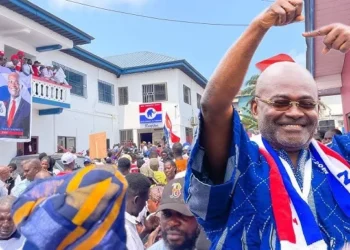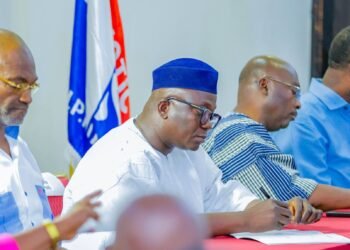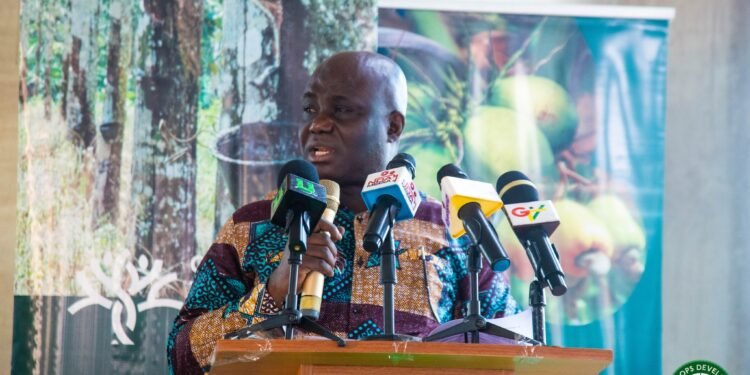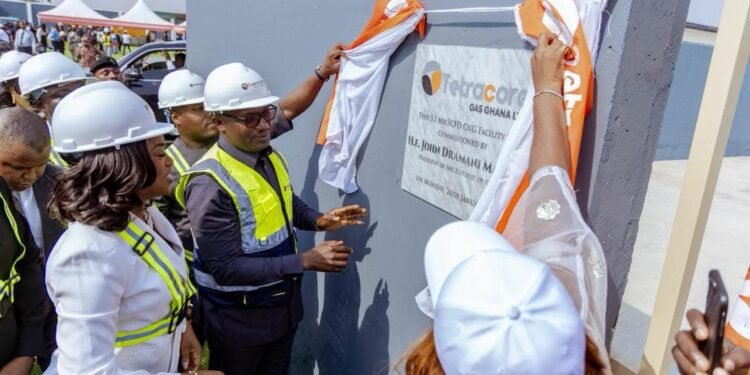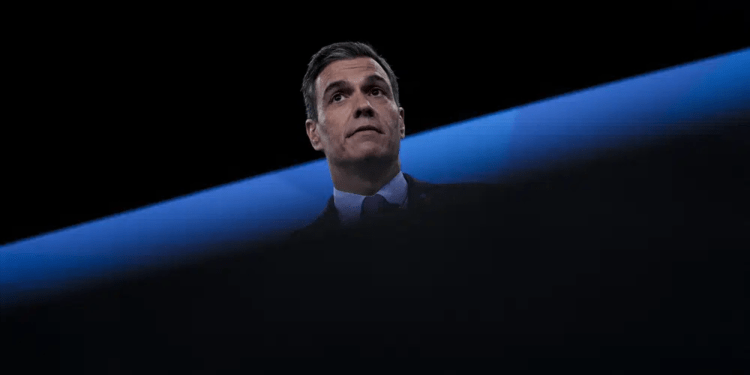In a sharp critique of the Mineral Commission’s recent claims regarding mining licenses and leases granted by the government, Bright Simons, Honorary Vice President of IMANI Centre for Policy and Education, has dismissed the data as unreliable.
His remarks challenged the integrity of the information being disseminated by the Commission, pointing instead to the Ghana Extractive Industries Transparency Initiative (GHEITI) as the only credible source of accurate and audited mining data.
“There is only one process that all ‘stakeholders’ in Ghana – government, civil society, business, ‘development partners’ etc. – have accepted for producing accurate, audited, & proper data in mining. It is called GHEITI.
“Hence, if you see GHEITI saying one thing about licenses and leases and the Minerals Commission saying another, it shouldn’t be hard to know whose data to believe.”
Bright Simons, Honorary Vice President of IMANI Centre for Policy and Education
According to him, GHEITI was introduced because successive governments manipulated or concealed critical data on the country’s natural resources, a problem that persists despite attempts at reform.
“The government itself agreed that without GHEITI, the problem of transparency cannot be solved,” Bright Simons pointed out, suggesting that the Mineral Commission’s reports, which contradict GHEITI’s findings, lack credibility.
He pointed out that the recent data given by the Minerals Commission follows a recent controversy where the Mineral Commission was caught deleting data from its website after investigative journalists exposed its role in environmental damage caused by illegal mining operations.
For Bright Simons, the discrepancy between GHEITI’s data and the Mineral Commission’s version of events signals a deeper issue of mistrust.
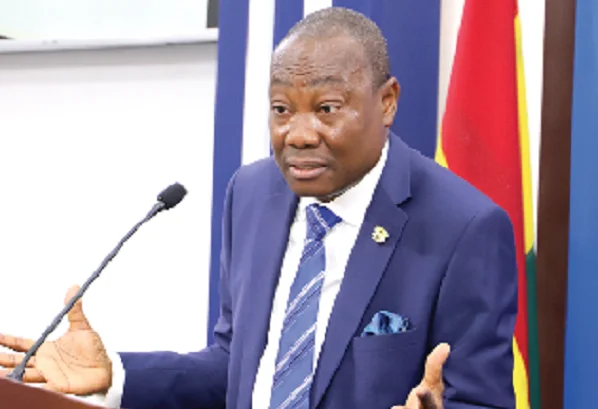
Governance Failures in Ghana’s Mining Sector
However, the IMANI Centre for Policy and Education Honorary Vice President stressed that this debate over data is a mere distraction from the more pressing issue of governance failures in Ghana’s mining sector.
He called attention to several structural problems within the regulatory framework, which he described as the “fundamental governance mess” that must be addressed.
Among the governance issues he highlighted included poor inspection regimes with him asserting that some mining districts in Ghana have not seen an inspection for months, which has led to a lack of oversight in ensuring that mining activities are carried out responsibly.
Bright Simons further criticized the Mineral Commission for not enforcing compliance with checklists designed to ensure that mining companies adhere to environmental and operational standards.
Bright Simons also alleged that cost inflation is being used as a means to introduce projects that supposedly incorporate environmentally friendly technology, raising questions about corruption and accountability.
Additionally, he raised concerns over the failure of the Bank of Ghana to prove that it is buying gold only from responsible and legally compliant miners further exacerbating concerns over governance in the sector.
Lastly, Bright Simons the seasoned Policy Analyst pointed to rampant nepotism in the issuance of mining licenses, a practice that he believes undermines the credibility of regulatory bodies like the Mineral Commission.
These lapses, according to Simons, have contributed to a broader problem of regulatory capture, where those responsible for enforcing the law are complicit in the very violations they are meant to prevent.
“No room for distraction from the sins of the regulators,” Bright Simons declared. “The fundamental governance mess must be fixed.” Without addressing the underlying governance failures, he warned, any attempt at improving transparency or environmental responsibility will remain superficial at best.
His comments come at a time when the ruling government is under increasing scrutiny for its handling of the mining sector, particularly in relation to illegal small-scale mining (galamsey), environmental degradation, and the management of mineral resources.
The discrepancies between the data provided by GHEITI and that of the Mineral Commission add to concerns over transparency and accountability within the country’s mining sector.
READ ALSO: Stonebwoy Promotes Upcoming Album With Never-Seen BTS Footage






